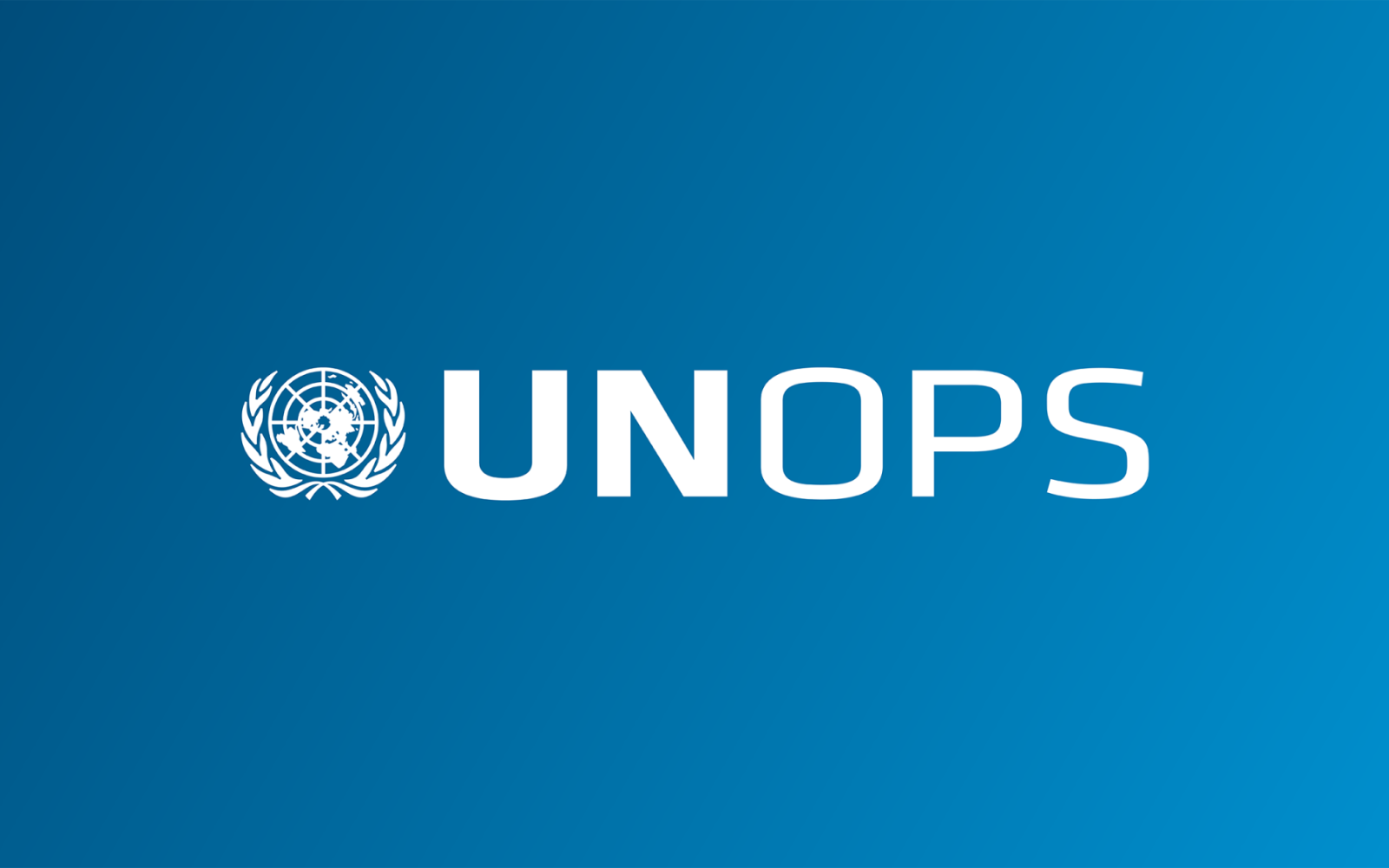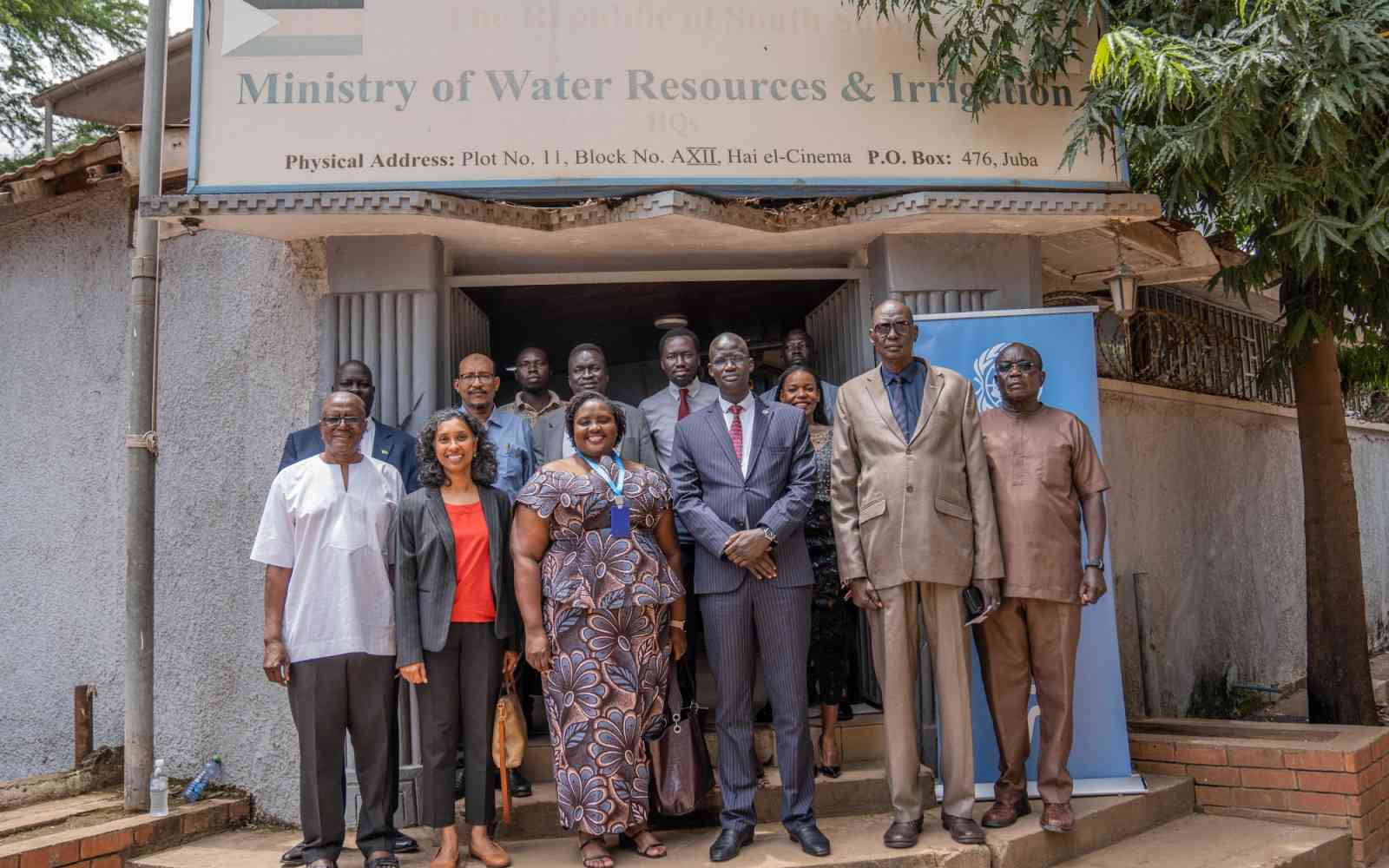The United Nations Office for Project Services (UNOPS)
Bypassing roads for the timely delivery of aid

New study looks to South Sudan’s White Nile River to improve access and reduce the cost of humanitarian assistance.
Some of the country’s biggest challenges are linked to, and worsened by, its poor transportation infrastructure.
South Sudan has the highest relative cost of food in the world, according to the World Food Programme, and over five million people are estimated to require food support in 2018, according to the 2018 South Sudan Humanitarian Needs Overview.
A new study funded by the Government of Japan and published by UNOPS has assessed the White Nile River’s conditions through a bathymetric survey (the mapping of width and depth) between the cities of Juba and Bor. An assessment of nine ports across the country was also included in the study.
We are very pleased that UNOPS successfully concluded the feasibility study of the river transportation. The Government of Japan will continue to support South Sudan."
Peter Mutoredzanwa, UNOPS South Sudan Country Director, hopes UNOPS will continue to be part of developing the river infrastructure in South Sudan: “The feasibility study is just the starting point. Now it is up to all of us to build on this and move towards creating a comprehensive barge transport system. This would not only bring emergency humanitarian response benefits but could help fuel much-needed economic development.”
The study details the feasibility and cost of developing South Sudan’s river barge transport system.
While used locally for smaller transport, the White Nile River is rarely used for the transportation of larger goods. This is in large part due to its narrow width and low depth. In addition, the lack of port structures makes the unloading of goods difficult or impossible. Most ports today do not have a jetty.
The findings show that dredging is necessary to enable barge transport on the river and could provide long-term financial savings for humanitarian donors. The rehabilitation of river ports and installation of navigation aids are also key recommendations.
The study provides a breakdown of the estimated costs of investment by area and location.
At a workshop in Juba to present the study representatives from the government included: the First Vice President Hon. Taban Deng Gai; Hon. John Luk Jok, Minister of Transport; and Hon. Rebecca Joshua Okwaci, Minister of Roads and Bridges. Also in attendance, UN agencies, non-governmental organizations and the private sector discussed how river transportation could be improved.
Japan and UNOPS have collaborated on a number of infrastructure projects in South Sudan, including the construction of a port facility in Mingkaman.









